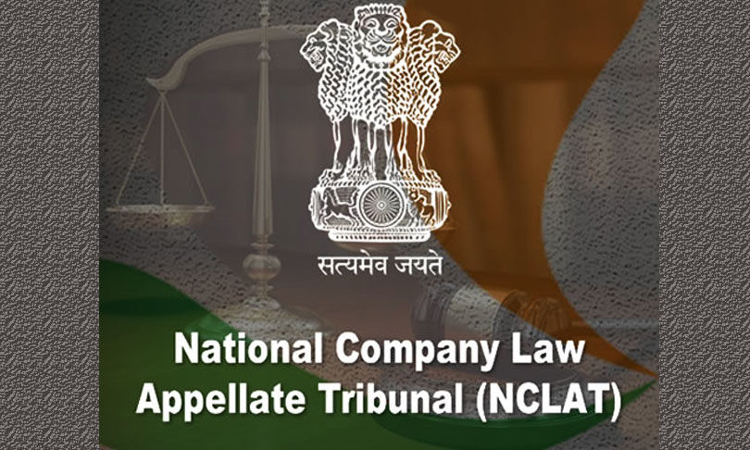The NCLAT New Delhi bench of Justice Ashok Bhushan (Judicial Member) and Barun Mitra (Technical Member) has held that approval of Resolution Plan by the Committee Of Creditors (CoC) cannot be interfered with unless it is violative of section 30(2) of the Code. Brief Facts The Corporate debtor was admitted into insolvency on December 19, 2019. In the absence of a viable...

